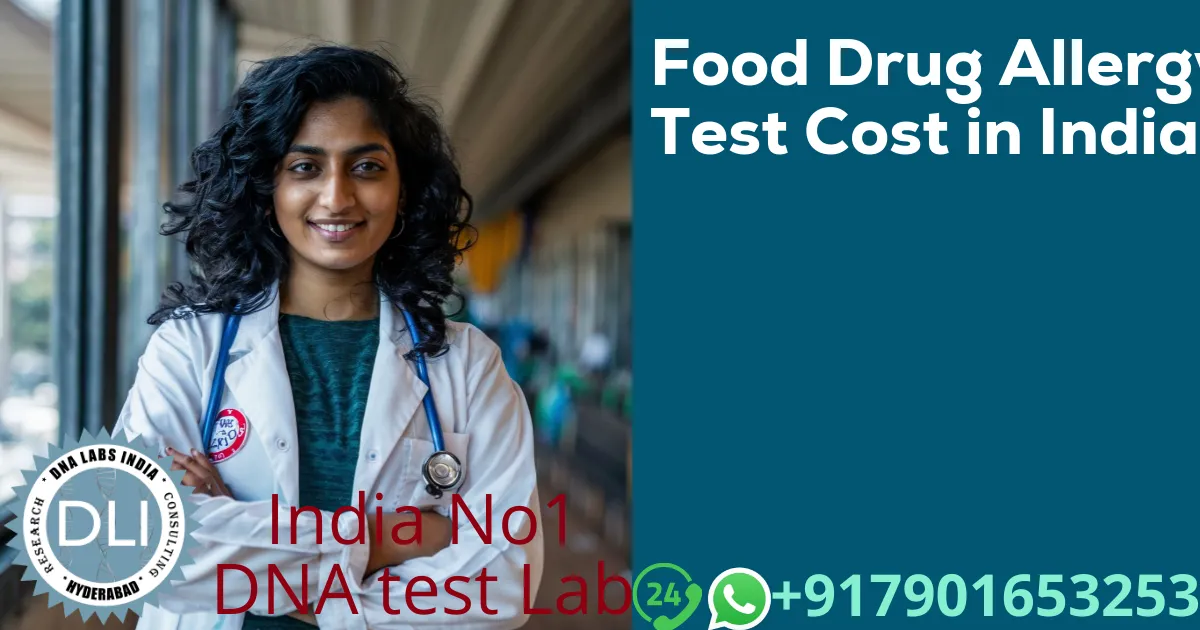What is an allergy?
An allergy is an exaggerated reaction by the immune system in response to exposure to certain foreign substances.
The response is exaggerated because these foreign substances usually are seen as harmless by the immune system in nonallergic individuals and do not cause a reaction in them.
In allergic individuals, the body recognizes the substance as foreign, and the allergic part of the immune system generates a response. The most common indoor/outdoor allergy triggers are tree, grass and weed pollen, mould spores, dust mites, cockroaches, and cat, dog and rodent dander.
Who has Allergies & Why?
Immunoglobulin E (IgE) is a class of antibody (immune protein) associated with allergic reactions. Exposure to allergens at times when the body’s defences are weak, such as after an illness or during pregnancy, also may play a role in developing allergies.
Itching and sneezing are also natural responses to irritation caused by allergic reactions, chemical exposures including cigarette smoke, or temperature changes, infections and other factors.
Causes may include Smoke, air pollution, exhaust fumes, aerosol sprays, fragrance, paint fumes, etc. Airborne particles, found in haze, smoke and airborne dust, present serious air quality problems.
Other people experience symptoms year-round, a condition called “perennial allergic rhinitis.” It’s generally caused by sensitivity to house dust, house dust mites, animal dander and mould spores.
Food Allergy:
A wide variety of foods can cause allergic reactions, but 90% of allergic responses to foods are caused by cow’s milk, soy, eggs, wheat, peanuts, tree nuts, fish, and shellfish. Other food allergies, affecting less than one person per 10,000 population, may be considered rare.
The use of hydrolyzed milk baby formula versus standard milk baby formula does not appear to change the risk. The most common food allergy is a sensitivity to crustacea. Although peanut allergies are notorious for their severity, peanut allergies are not the most common food allergy in adults or children.
Allergies can develop at any age, but most food allergies begin at a young age, and many are outgrown. Allergies are more common in westernized countries, and less common in those with a farming lifestyle.
What is food allergy testing?
A food allergy is a condition that causes your immune system to treat a normally harmless type of food as if was a dangerous virus, bacteria, or other infectious agents.
The immune system response to a food allergy ranges from mild rashes to abdominal pain to a life-threatening complication called anaphylactic shock Food allergies are more common in children than adults, affecting about 5 per cent of children.
What is the cost of the Food Intolerance Drug Sensitivity Air Pollution Test?
The Cost of the Food Intolerance Drug Sensitivity Air Pollution Test is Rs.6000.
What is the time for the outcome of the results?
The time taken for the outcome of the results is 10 days. The reports will be sent to your email.
How to book an appointment for Food Intolerance Drug Sensitivity Air Pollution ?
You can either book the test online or can call us to book your test, and a free home sample collection will be provided to all our clients.
Why allergy testing is performed?
The World Allergy Organization estimates that asthma is responsible for 250,000 deaths annually. These deaths can be avoided with proper allergy care, as asthma is considered an allergic disease process.
Allergy testing can determine which particular pollens, moulds, or other substances you’re allergic to. You may need medication to treat your allergies. Alternatively, you can try to avoid your allergy triggers.
Diagnosing Food Allergy Test Results:
Diagnosing food allergies can be as complicated as the medical condition itself. Symptoms of food allergy can vary from person to person, and a single individual may not always experience the same symptoms during every reaction.
To make a diagnosis, allergists ask detailed questions about the history of allergy symptoms. Be prepared to answer questions about the specific foods and the quantities you ate, the length of time that it took for symptoms to develop, the symptoms themselves, and how long they lasted.
Your allergist will interpret these results and use them to aid in diagnosis. While both of these diagnostic tools can signal a food allergy, neither is conclusive. A positive test results in a specific food does not always indicate that a patient will react to that food when it’s eaten. A negative test is more helpful to rule out a food allergy.



